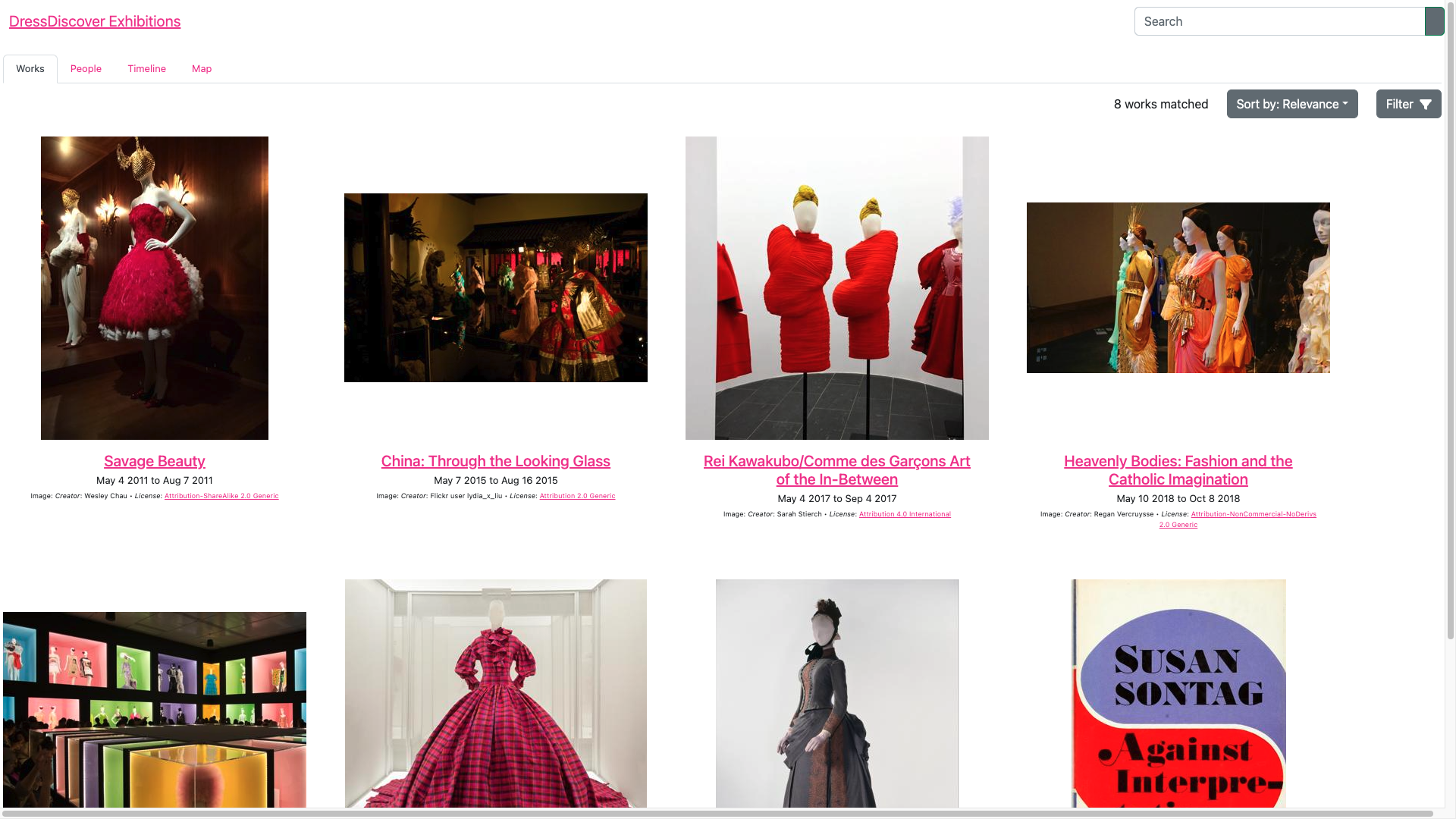Paradicms
Linked Data-powered Collections Management System for small archives, libraries, and museums
Why Paradicms?
Flexible data entry
Paradicms doesn't force you to use a built-in editor. It extracts and transforms data from a variety of formats -- including Airtable, Excel, Google Sheets, Markdown, and Omeka -- into a Linked Data representation.
No local installation, no self-hosting
Paradicms adheres to the principles of minimal computing. You don't need to install any software on your machine in order to use Paradicms, but can use it in conjunction with free cloud services such as Google Sheets and GitHub.
Multiple user interfaces
Paradicms provides multiple ways of rendering collection data as static web sites, from single- and multi-page digital exhibitions to faceted search interfaces. The generated sites -- a set of HTML, CSS, and JavaScript files -- can be hosted on your institution's server or by using a variety of free services, such as GitHub Pages.
Linked Data native
Paradicms represents collection data using RDF graphs and standard vocabularies such as Dublin Core, VRA Core, and OWL Time.
Open source
Paradicms is free to use and extend. Its source code is available on GitHub under the GPLv3 license. Paradicms is built using modern open source technologies, including Docker, React.js, Next.js, TypeScript, and typed Python.
Your data, your way
With Paradicms, you control your own collection data. You are free to share your collection on the public web, or host a website on internal servers. There is no central server, advertising, or behind-the-scenes data sharing.
